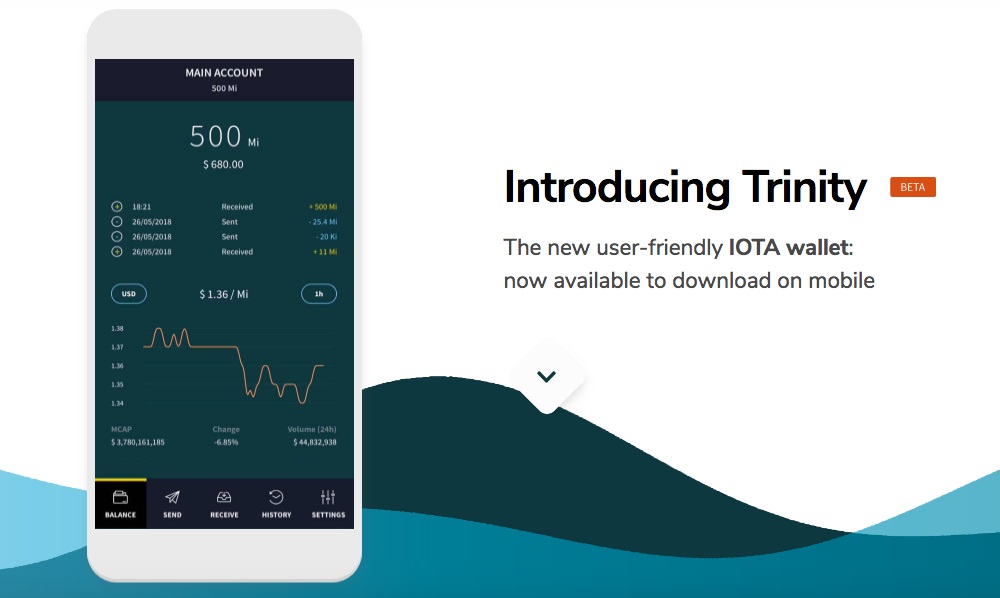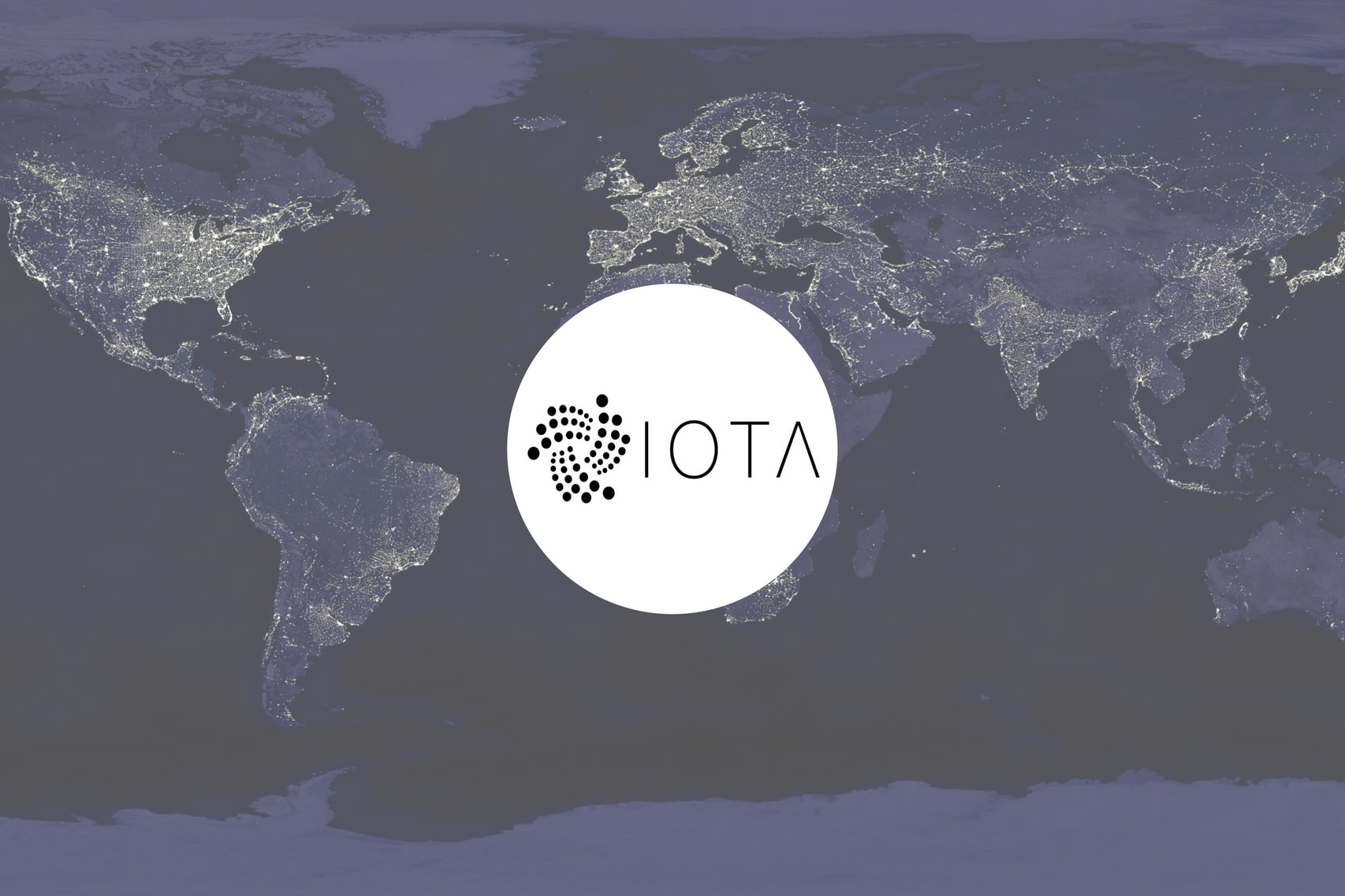The IOTA project has made some interesting developments in the first half of August, having launched the IOTA Hub and tweaked the Trinity Desktop Wallet.
The New IOTA Hub Aims to Expedite the Exchange Listing Process
The IOTA Hub, announced on August 3, is an open-source solution that makes it easier for service providers to integrate IOTA into exchanges. Until now, this has been difficult because IOTA’s Tangle differs from blockchain networks, and, as the team notes, this makes seed management, confirmation and deposit monitoring, and double signing challenging.
However, the Hub addresses all of these issues. It also bolsters security because it permits externally signed transactions, meaning that you can remotely sign a transaction from a separate machine, with only the Hub being connected to the database.
The introduction of IOTA Hub should make IOTA more accessible to users. As the token gets listed on an increasing number of exchanges, users will no longer have to go through a roundabout process to purchase tokens.
The Hub has already been used to list IOTA on one of South Korea’s largest cryptocurrency exchanges, UPbit, and is paired with the South Korean Won (KRW).
The open-source code and instructions for IOTA Hub can viewed here.
IOTA’s Trinity Desktop Wallet Getting Ready for Beta
Trinity is IOTA’s desktop and mobile wallet, which has been one of the major priorities for the team since the desktop variant was announced in April. The wallet was an initiative originally undertaken by the community, who at the time found IOTA’s wallet lacking in intuitiveness.

The Trinity Mobile wallet is already in public beta testing with over 20,000 users, and the Desktop variant is being readied for the same.
Trinity Lead Developer Charlie Varley, speaking on Reddit, has said that the desktop wallet is almost ready to hit the public beta phase and that final preparations are being made. The team’s latest efforts have been in removing bugs, refining the UI, and improving Proof-of-Work efficiency.
The following week, Varley elaborated on the desktop wallet preparation, saying that UI and ease of use is a large part of the effort, including desktop notifications that automatically inform the user of the state of transactions. Likewise, a Mac tray app for easy access to account balance and history is also being developed.
The team would also like to make it easier to onboard new users and are working towards simplifying wallet setup. The tasks that remain are the finalization of the Windows Proof-of-Work Library, code documentation on GitHub, and the implementation of SeedVault on Mobile.
IOTA will also allow the community to have their say in the matter by allowing them to submit ideas for themes.
The project’s Trinity wallet is one small step in the long path towards building a platform that the the enormous ecosystem of the imminent Internet of Things can reliably depend upon. Other priorities involved in the realization of that ambition include Qubic, a protocol for smart contracts and outsourced computations that will help build “machine economies.”
Outside of research and development, the project has announced partnerships, MoUs, and Tangle ID Cards.
IOTA’s unique distributed ledger technology (DLT) gives it a notable edge in real-world applications, and the refinement and release of wallets is a step towards entering a wider market.

